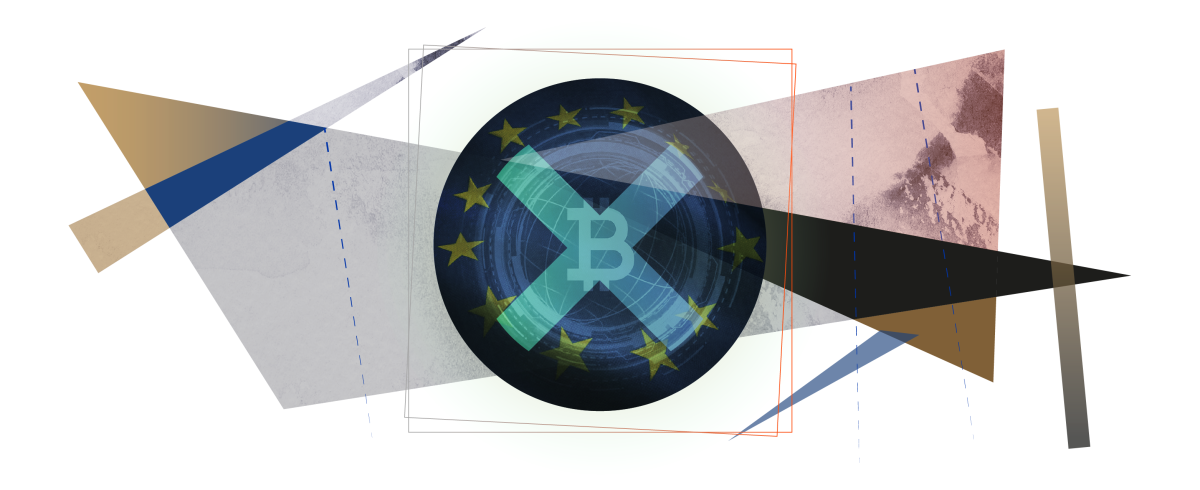Ecology comes first: EU may ban bitcoin trading

In Europe, at the official level, there was a discussion of a possible ban on bitcoin trading. The main reason again lies in the ecology and the harm that cryptocurrency mining causes to the environment.
On this page
According to Netzpolitik, during the consideration of the ban on bitcoin mining on the Proof-of-Work algorithm, EU officials noted that BTC trading ban is quite likely.
It was proposed to ban bitcoin trading due to the need to reduce electricity consumption in the European Union. At a meeting of EU officials with the Swedish financial supervisory bodies and the Environmental Protection Agency, there were suggestions that regulators are pressuring cryptocurrency farms, so that they shift from Proof-of-Work (PoW) to Proof-of-Stake (PoS).
As an example, the Ethereum network was considered as it began the transition to PoS. Under such pretext, EU officials expressed the opinion that it is also possible to legally switch the Bitcoin network to PoS. In their opinion, there is no reason for regulators to meet the miners and soften the environmental requirements for Bitcoin, since there are much more stable cryptocurrencies with much lower energy consumption.
Also during the meeting, one of the officials expressed the opinion that the EU should completely ban the trading of all crypto assets that use the PoW algorithm.
It is worth noting that at the moment there is an increase in the energy consumption of the Bitcoin network in the world, and this is attracting the attention of eco-activists, environmentalists and official regulators responsible for the release of carbon dioxide into the atmosphere.
According to the University of Cambridge, which monitors the energy consumption index, BTC mining today amounts to 139 TWh annually. The country used 265 TWh in 2021 in comparison with how much electricity the UK uses per year.
The content on The Coinomist is for informational purposes only and should not be interpreted as financial advice. While we strive to provide accurate and up-to-date information, we do not guarantee the accuracy, completeness, or reliability of any content. Neither we accept liability for any errors or omissions in the information provided or for any financial losses incurred as a result of relying on this information. Actions based on this content are at your own risk. Always do your own research and consult a professional. See our Terms, Privacy Policy, and Disclaimers for more details.

























